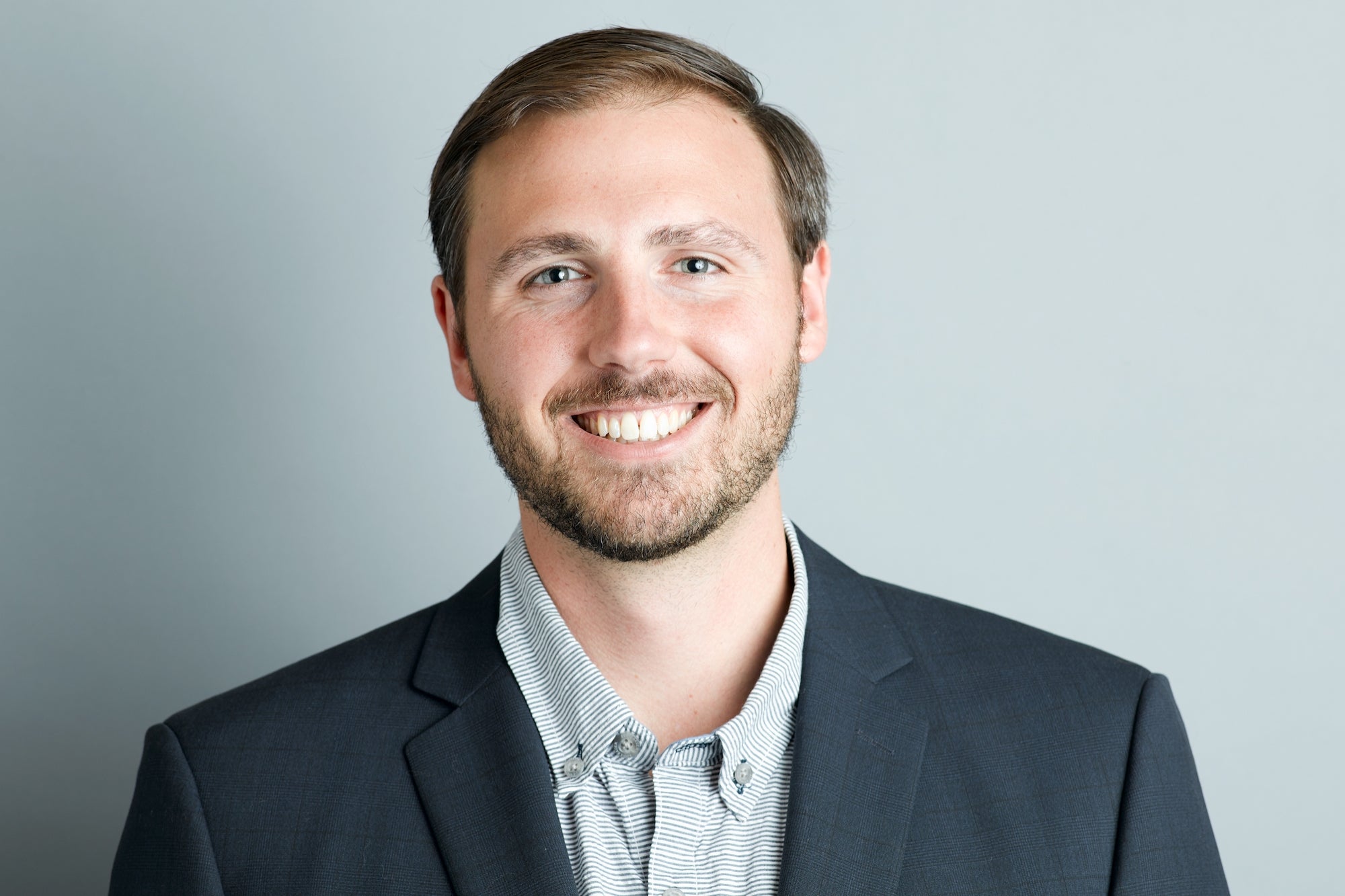Health Fair
Startup Costs: $10,000 - $50,000
Home Based: Can be operated from home.
Part Time: Can be operated part-time.
Franchises Available? Yes
Online Operation? Yes
Across North America, there are thousands of health-care professionals and companies that produce products aimed at the health-care industry. And all of these health-care professionals and industry-related companies could potentially become your clients if your intentions are to start a business that promotes and hosts two-day health fairs across the country. A health fair is the same as a trade show or craft show. The major difference is that all vendors or exhibitors are in the health-care industry. This type of unique health-care related business has a chance to become a profitable business concern, given the recent increased demand by consumers for health-care information, products and services. Charging people an admittance fee into the health fairs, as well as charging the exhibitors a booth fee to display at the health fair would earn revenue for the business.
Health Fair Ideas
Dietitian
If you're a dietitian, going out on your own offers endless possibilities and potentially increased income.
Vitamin Sales
The current focus on health and anti-aging products makes it the perfect time to capitalize on this market.
Weight Loss Clinic
Give clients the skinny on the most effective weight-loss techniques.
More from Business Ideas
20 Side Hustle Ideas for Summer 2024: Part One
Instead of spending money this summer, prepare now to make extra cash through the following side hustles while still enjoying your free time.
67 Businesses to Start for Under $10,000
Need new inspiration for a business you can start with $10,000? Here are more than 60 profitable business ideas you can run with now.
Their 'Magic Internet Money' Side Hustle Just Hit $1 Billion in Sales: 'We'd Empty 6 Figures of Cash Onto the Counter. The Bank Teller's Expressions Were Priceless.'
Inspired by the concept of decentralized money, Neil Bergquist and Michael Smyers came up with a lucrative idea they believed "would nearly run" itself.





